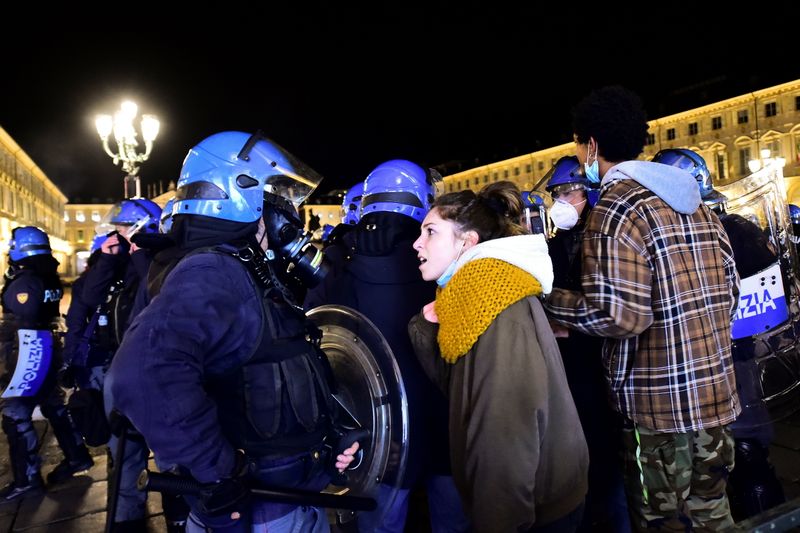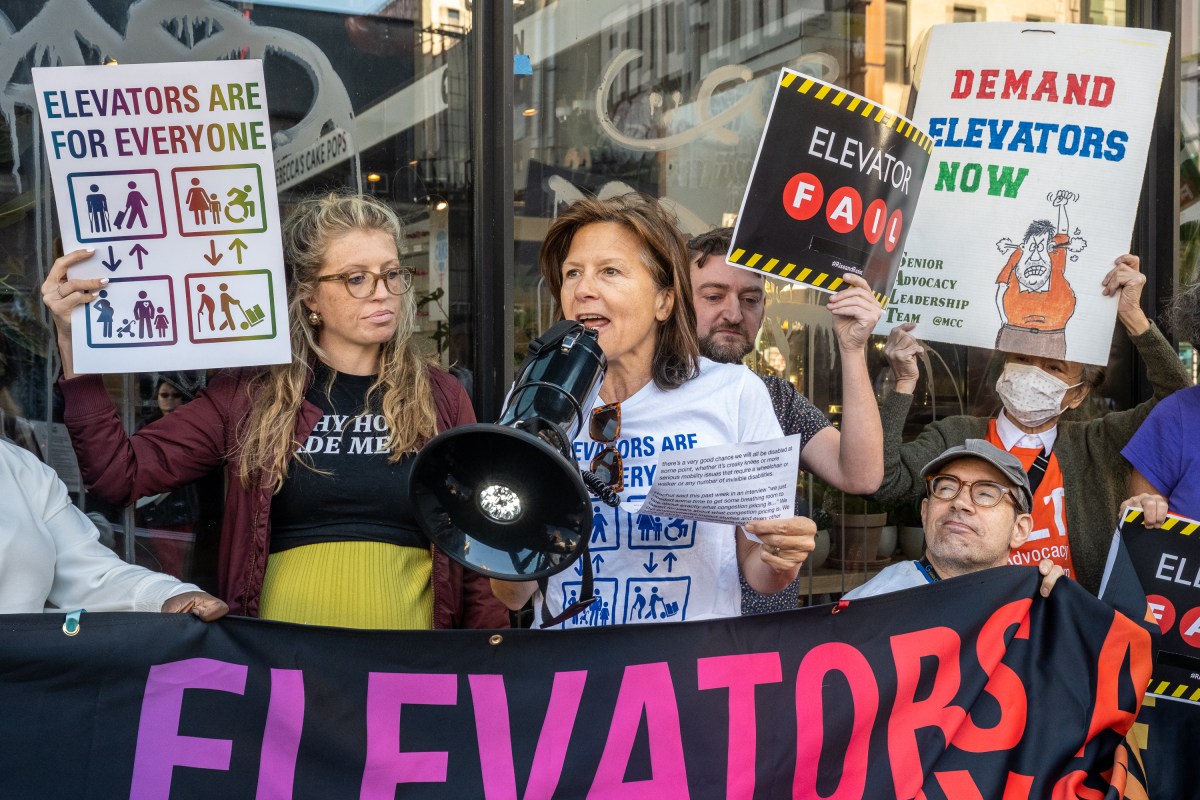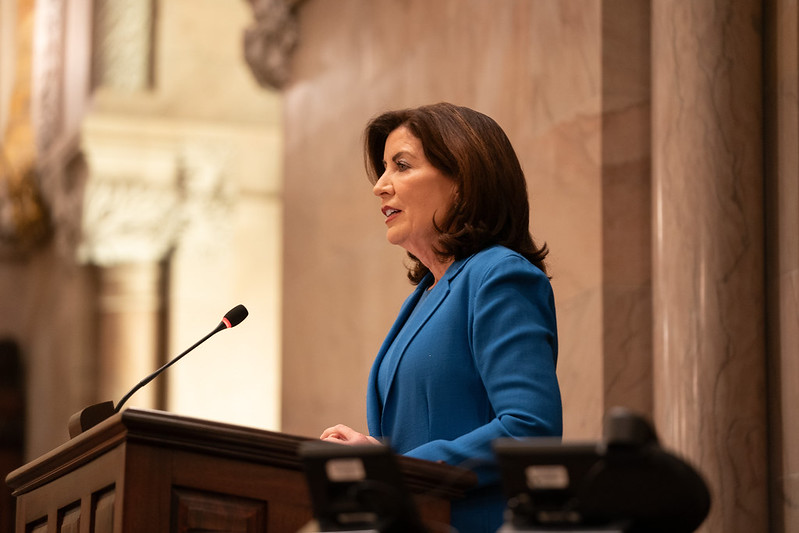TURIN, Italy (Reuters) – Protests flared across Italy on Monday against a new round of government restrictions aimed at curbing a resurgent coronavirus, with violence reported in at least two major northern cities, Milan and Turin.
Witnesses said a number of luxury stores, including a Gucci fashion shop, were ransacked in central Turin as crowds of youths took to the streets after nightfall, letting off huge firecrackers and lighting coloured flares.
Police responded with volleys of tear gas as they tried to restore order in the city, the capital of the wealthy Piedmont region.
There were also clashes in Milan, the capital of the neighbouring Lombardy region, an area that has borne the brunt of the COVID-19 epidemic in Italy.
“Freedom, freedom, freedom,” crowds chanted as they confronted police in the city centre.
The Italian government on Sunday ordered bars and restaurants to close by 6 p.m. and shut public gyms, cinemas and swimming pools to try to slow a second wave of coronavirus infections that is battering much of the country.
A number of regions, including Lombardy and Piedmont, have also imposed nighttime curfews.
Many small businesses, still badly bruised by an initial nationwide lockdown in March and April, say the new restrictions could bankrupt them.
While Italians complied peacefully to the spring lockdown, there has been an immediate pushback against the renewed restrictions. Protesters took to the streets of up to a dozen cities on Monday, including Treviso, Trieste, Viareggio, Latina, Rome, Naples, Salerno, Palermo, Siracusa and Catania.
Looking to calm tensions, the government has said it will present a package of measures on Tuesday to support businesses hurt by the new restrictions.
Italy, once the country hardest hit by the pandemic in the industrialised world, has been overtaken by others in Europe including France and Britain. But infection rates have been rebounding rapidly since the start of October.
(Reporting by Crispian Balmer; Editing by Bill Berkrot)
























